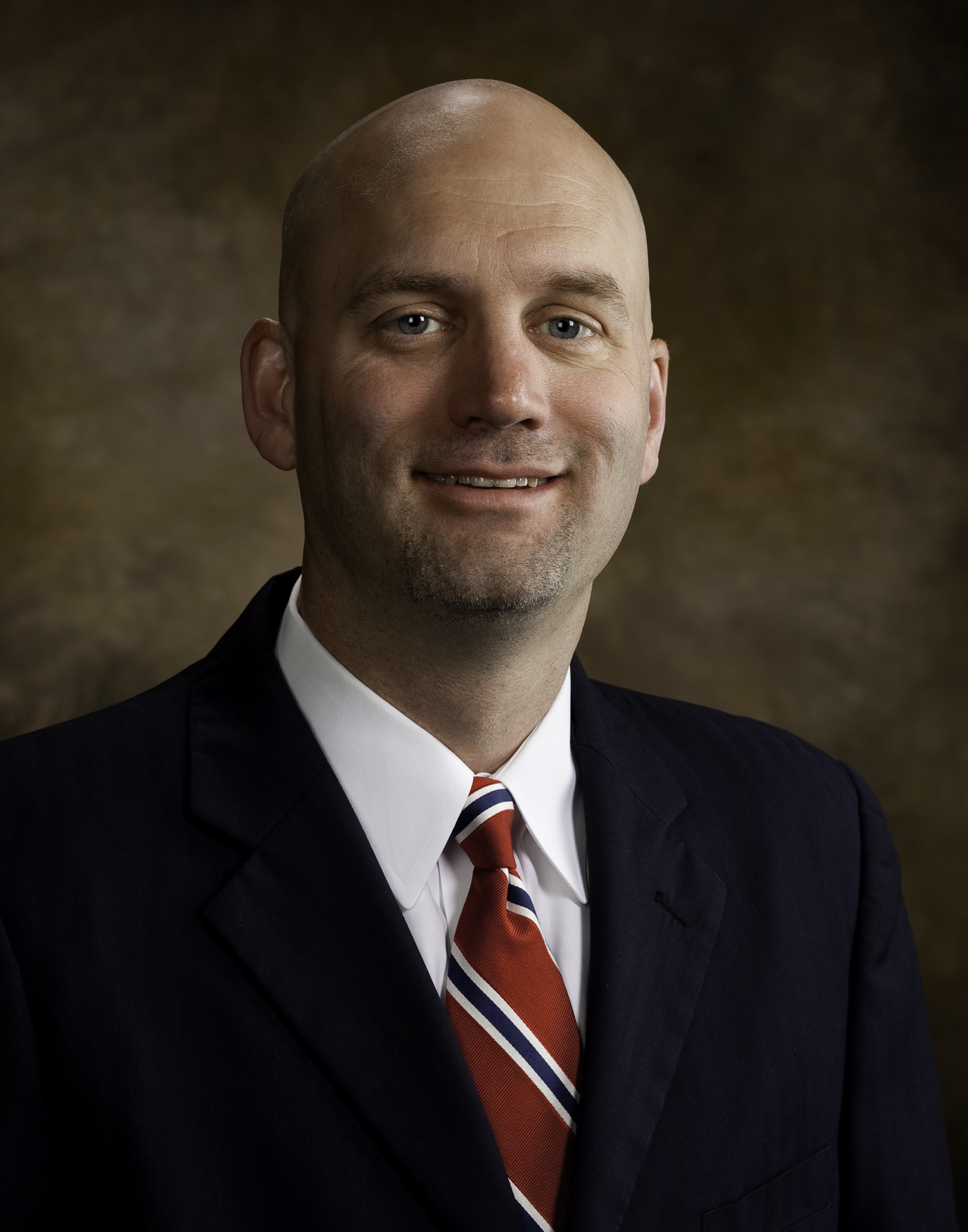FAYETTEVILLE, Ark. — Gary Ritter established the Office for Education Policy in 2003 to provide data to aid Arkansas policy-makers in thoughtful decision-making about kindergarten through 12th grade education. With a new contract through the U.S. Department of Education, Ritter now will do the same for educators, state legislators and school board members across the nation.
As part of a $50.3 million contract awarded July 11 to Mathematica Policy Research of Princeton, N.J., the University of Arkansas is expected to receive between $300,000 and $400,000 per year for five years, with the potential for about $1.9 million. Ritter, associate professor of education and public policy at the University of Arkansas, will direct the new office — which will include a lead researcher with a doctoral degree and several graduate students — to conduct multiple reviews of the effectiveness of educational interventions and programs.
“Gary Ritter has proven himself to be a thoughtful and thorough researcher whose work has informed many crucial decisions as the state of Arkansas improves its education system,” said Reed Greenwood, dean of the College of Education and Health Professions. “His dedication to education reform now will help the nation’s students learn better. We are happy to share Gary and his work in this manner.”
The U.S. Department of Education’s Institute of Education Sciences created the What Works Clearinghouse in 2002 to serve as an online source for independent reviews of research on “what works” in education. The American Institutes of Research, a Washington-based research group, operated the clearinghouse for its first five years.
“This is an extension of a movement toward focusing more on genuine evidence in the field of education, in the same way that is common in the field of medicine and in the hard sciences,” Ritter said.
He used a medical analogy to explain: Doctors give aspirin to patients to lower their risk of having a heart attack, not because one or two studies recommend it, but because a large number of studies have found that aspirin helps.
“In general an aggregation of many studies can allow decision-makers to draw informed conclusions,” he said. “In education, we don’t always do a good job of organizing what we know about the effectiveness of our strategies and our methods.”
The clearinghouse’s Web site — http://www.whatworks.ed.gov/ — now lists 74 reviews of research on reading instruction, dropout prevention, teaching English-language learners and other topics. The clearinghouse has shown it can be politically independent by giving a positive review to education interventions such as Reading Recovery, which had been criticized by officials elsewhere in the Education Department.
In the bid specifications for the new contract, the Institute of Education Sciences included a requirement that the successful bidder must conduct some quick-turnaround projects, expand the range of research designs that qualify as sound evidence and introduce practical guides and other products that educators and decision-makers would find useful.
“Russ Whitehurst, the director of the Institute of Education Sciences, explained it like this: We want to encourage the kind of research that will be useful in the field, the kind of research that superintendents and principals and teachers will care about,” Ritter said. “Superintendents are not interested in philosophy, they want to know what curricula and strategies will help eighth-graders learn math better. They don’t ask about theory, they want to know how to get children reading at grade level. This is the kind of work the What Works Clearinghouse is encouraging researchers to examine.
“This work will also be useful to us at the Office for Education Policy because we seek knowledge we can share with Arkansas policymakers.”
Mathematica will work with 14 partners in the clearinghouse venture — 11 research or public-policy groups, a communications firm and two universities. The University of Wisconsin in Madison is the other university. Other partners include the RAND Corp. of Santa Monica, Calif., the Coalition for Evidence-Based Policy based in Washington and Optimal Solutions Group based in Hyattsville, Md.
The new contract more than doubled the initial one, and part of the increase will underwrite more reviews of research on special education. Large, randomized studies are difficult to conduct in special education because some disabilities affect only small numbers of students.
Ritter holds an endowed chair in education policy in the College of Education and Health Professions’ department of education reform at the University of Arkansas. The department, established in 2005, conducts research and demonstration projects focused on five primary areas of reform: teacher quality, leadership, policy, accountability and transparency, and school choice.
Ritter advised educational consultants working with the Arkansas General Assembly to help the state meet court-ordered mandates in the recent Lake View case in which the plaintiffs successfully challenged the constitutionality of the state’s public education system. He also led a research team studying a merit pay plan in the Little Rock School District and testified about merit pay proposals before a Congressional panel earlier this year.
Contacts
,
